
Marek Napierala, Ph.D.
Professor
I have more than 25 years of experience studying the molecular mechanisms associated with human diseases that are caused by the expansion of repeat sequences. Work in my group is focused on pathogenic GAA repeat sequences expanded in Friedreich’s ataxia. My laboratory is interested in both basic questions related to molecular mechanisms of FRDA as well as in the development of therapeutic strategies for this disease. My long-term research goal is to uncover pathways that are involved in the pathogenesis of FRDA in order to target them for therapeutic intervention. Our laboratory utilizes both cellular (induced pluripotent stem cell-derived) and mouse models of this disease. We also established the Friedreich’s Ataxia Cell Line Repository, the world’s largest bank of primary FRDA fibroblasts and induced pluripotent stem cell lines that currently holds more than 100 lines derived from different FRDA patients. My laboratory is also involved in the FRDA patient community, hosting interactive yearly meetings with FRDA patients and their caregivers. An essential part of our research program is mentoring the next generation of ataxia researchers, graduate students, postdoctoral fellows, and visiting scientists. Our laboratory always has openings for dedicated students and scientists.

Jill S. Napierala, Ph.D.
Associate Professor
My research efforts are devoted to defining molecular mechanisms underlying the most commonly inherited ataxia in humans, Friedreich’s ataxia (FRDA). FRDA is a severe and progressive neurodegenerative disease that is caused by reduced expression of the Frataxin (FXN) gene. The majority of FRDA patients carry homozygous GAA repeat expansions in intron 1 of the FXN gene, while a fraction of patients are compound heterozygotes, carrying an expanded GAA repeat sequence in one allele and a missense or nonsense mutation in the other. The most common result of both types of lesions is lower levels of Frataxin, a mitochondrial protein involved in iron sulfur cluster synthesis. FRDA affects multiple organ systems and currently there is no cure for this disease nor are there approved drugs to treat the symptoms or prolong longevity for FRDA patients. My research areas include: specifying gene expression patterns unique to FRDA in order to identify novel therapeutic targets and disease biomarkers; modulating the expression and activity of mitochondrial aldehyde dehydrogenases to inhibit neurodegeneration in FRDA cell line and animal models; and defining pathogenic mechanisms of Frataxin missense mutations in FRDA.
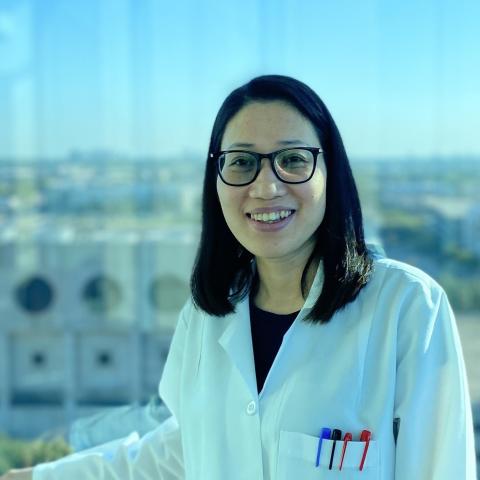
Ha Nguyen, Ph.D.
Research Scientist
Education: Ph.D. Vrije Unversiteir Brussel, Brussels, Belgium
Research Interests: Examining the molecular mechanisms underlying the pathology of Friedreich's ataxia (FRDA) through the utilization of FRDA iPSC-derived and animal models, with the aim of identifying potential therapeutic targets associated with FRDA.
Hobbies/Interests: Traveling, watching movies, spending time with my family.
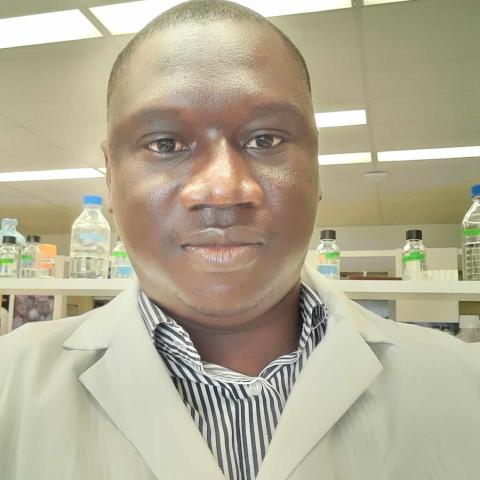
Pouire Yameogo, Ph.D.
Postdoctoral Researcher
Education: Ph.D., Laval University, Quebec, Canada
Research Interests: Genome editing and developing therapeutic strategies for Friedreich's ataxia (FRDA)
Hobbies/Interests: Listening to music, singing, watching movies, and taking walks
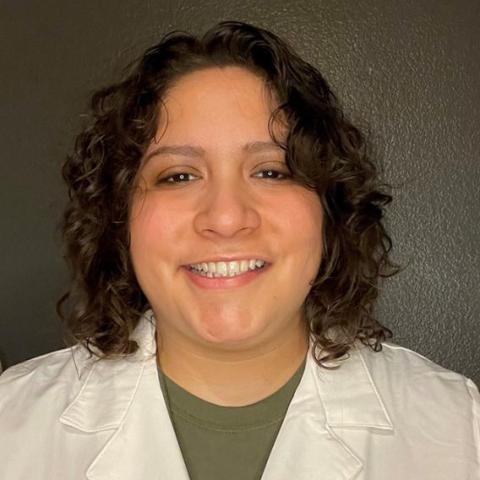
Selina Aguilar
Graduate Student
Education: B.S., The University of North Texas, Denton, Texas
Research Interests: Nucleic acid therapeutic research for Friedreich's ataxia (FRDA), mechanism of disease and therapeutics for inherited trinucleotide repeat disorders
Hobbies/Interests: Spending time with my family, friends and pets. I love boxing, watching comedy movies/shows and listening to music
Prabha Acharya, Ph.D.
Postdoctoral Researcher
Education: Ph.D., The University of North Texas, Denton, Texas
Research Interests: Stem cell culture, organoids, disease modeling of Friedreich's ataxia (FRDA), CRISPR, high-throughput drug screening
Hobbies/Interests: Traveling, listening to music, watching movies, and spending time with family
Brandon Gerhart, M.S.
Research Associate
Education: M.S., Mississippi State University, Starkville, Mississippi
Research Interests: Molecular biology and genetics, animal models of human diseases
Hobbies/Interests: Fishing and playing soccer

Matthew Hein, MBA, M.S.
Senior Research Associate
Education: MBA, M.S., Texas Tech University, Lubbock, Texas
Research Interests: Neuropharmacology, stereotactic injections, mouse models of neurodegeneration
Hobbies/Interests: Playing guitar, golfing, and music
Lab Support
Penny

Mabel

Geck
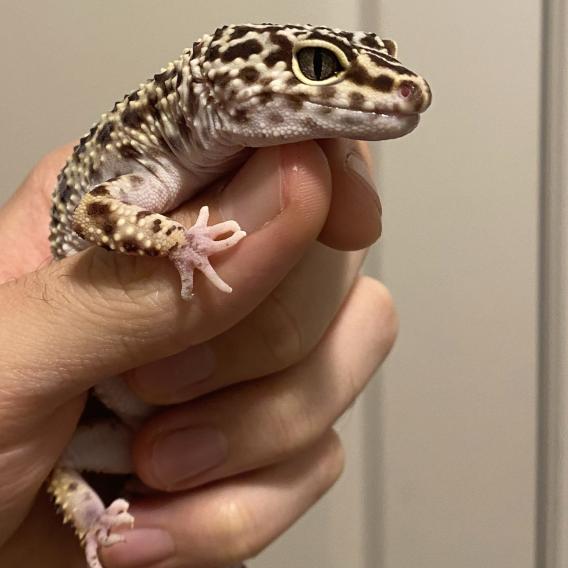
Archimedes

Most Recent Departures
Hongjun Wang, Ph.D.
Former Research Scientist
Education: Ph.D., University of Chinese Academy of Sciences, Beijing, China

Terry Gemelli, B.S.
Former Research Scientist
Education: B.S., The University of Texas at Arlington, Arlington, Texas
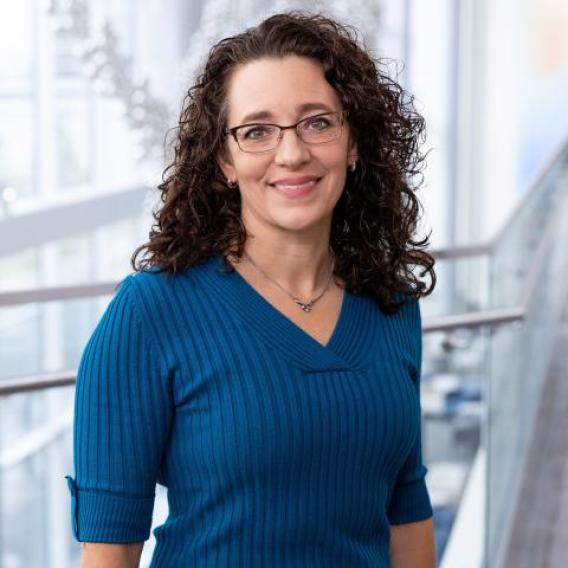
Shibani Mukherjee, Ph.D.
Former Research Scientist
Education: Ph.D., Banaras Hindu University, Varanasi, India
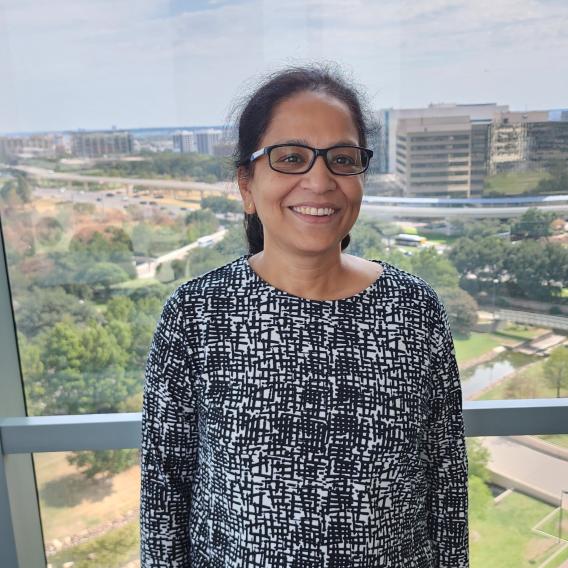
Agnieszka Zimna, Ph.D.
Former Visiting Senior Researcher
Education: Ph.D., Institute of Human Genetics, Poznan, Poland
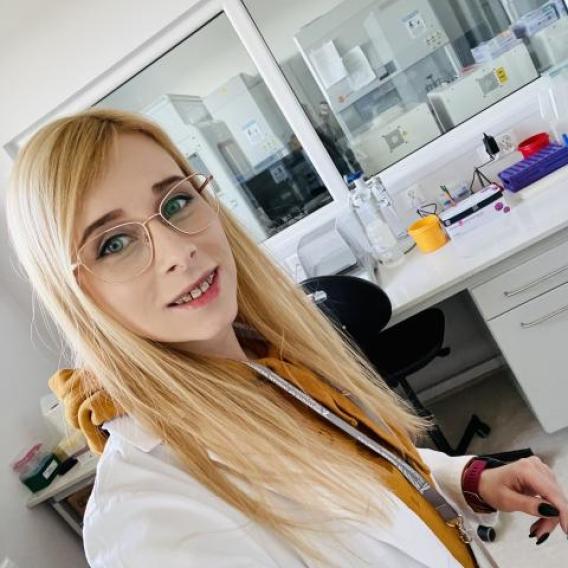
Alumni
Research Scientists and Faculty
Jixue Li, Ph.D.
Yanjie Li, Ph.D.
Kevin Pawlik, Ph.D.
Jun Wang, M.D.
Larisa Pereboeva, M.D., Ph.D.
Helen (Guihua) Zhou, M.D., Ph.D.
Postdocs and Graduate Students
Angela Bhalla, Ph.D.
Daniel Fil, Ph.D.
Eunah Kim, Ph.D.
Kinga Linowiecka, Ph.D.
Ashlee Long, M.S.
Urszula Polak, Ph.D.
Natalia Rozwadowska, Ph.D.
Anna Schreiber, Ph.D.
Siyuan (Alice) Zhang, Ph.D.
Undergraduate and Rotation Students
Jordan Barham
Yu-Yun Chen
Amanda Clark
Matthew Lyons
Claudia Reyes
Randee Sedaka
Jiesen Zhang
Technicians
Barry Cochran
Robbie Conley
Cherlene Hardy
Elizabeth McIvor
Markia Robinson
Zachary Whaley
Opportunities
The Napierala Lab is looking for highly motivated graduate students and postdocs to join our group. Please email your CV to Marek Napierala, Ph.D. for consideration.